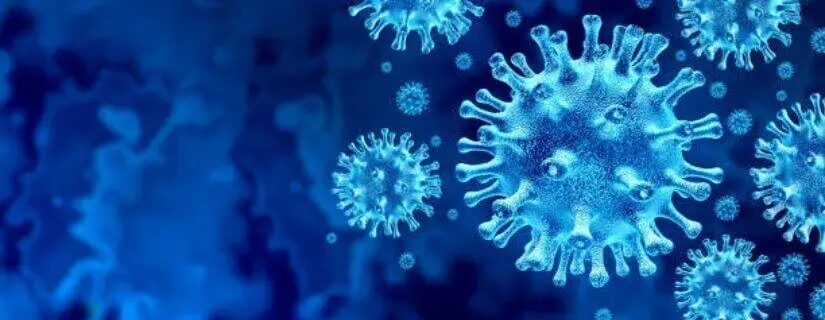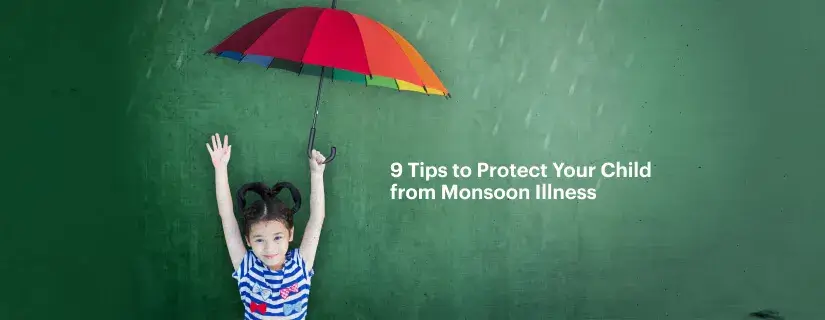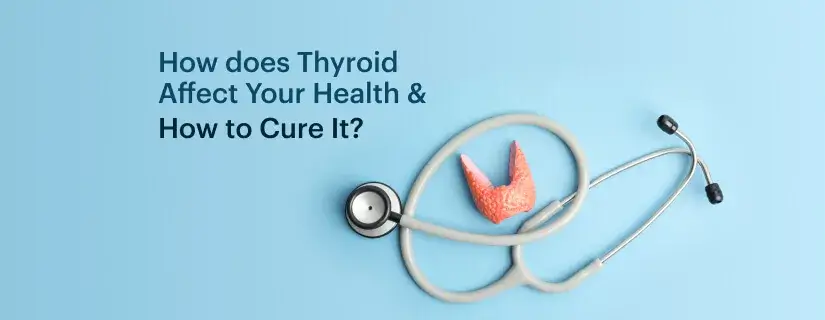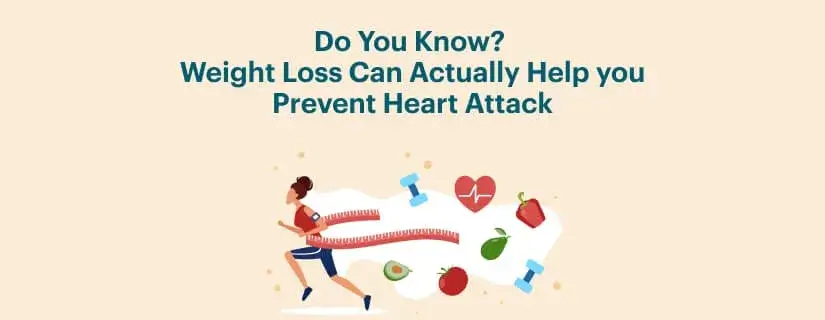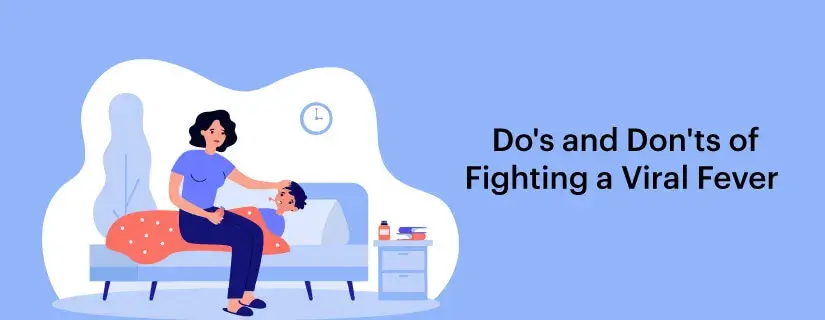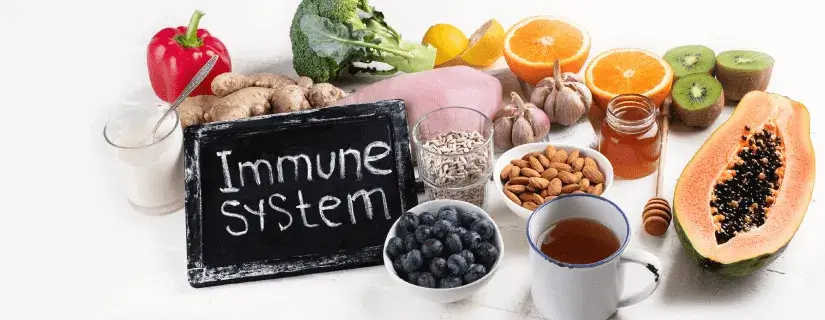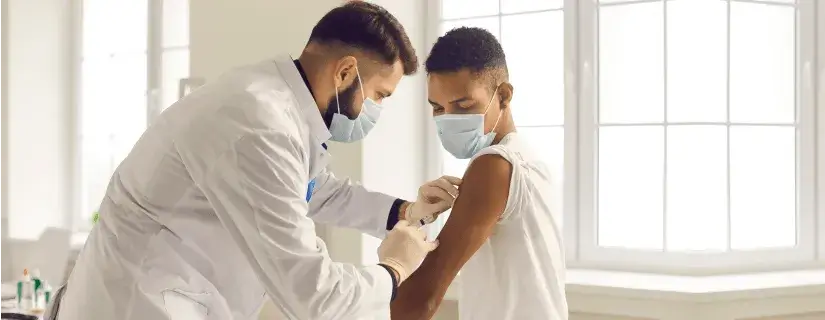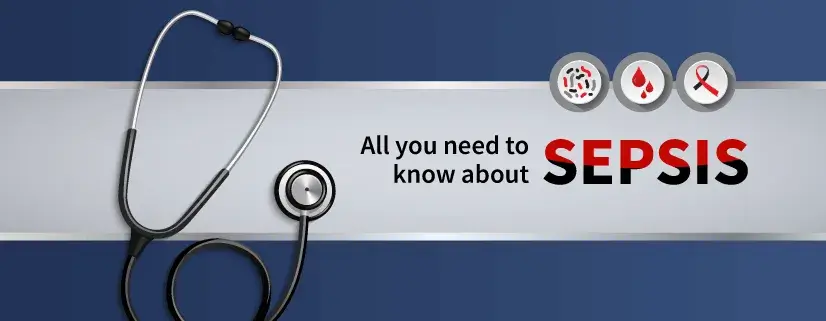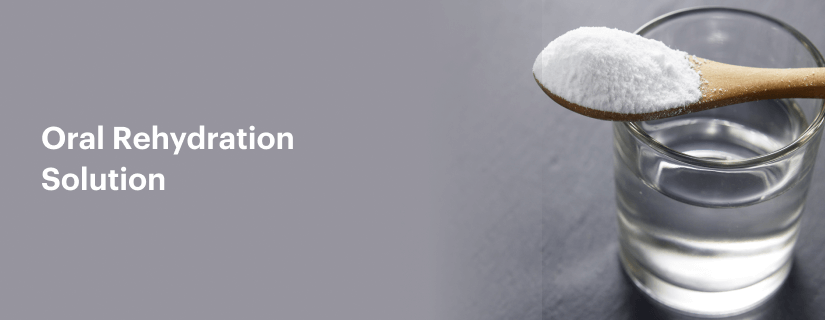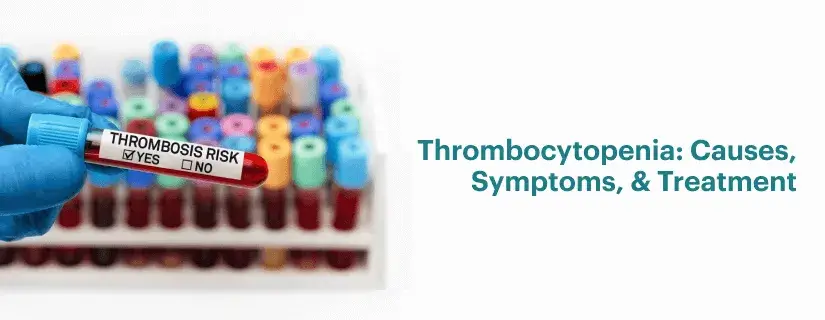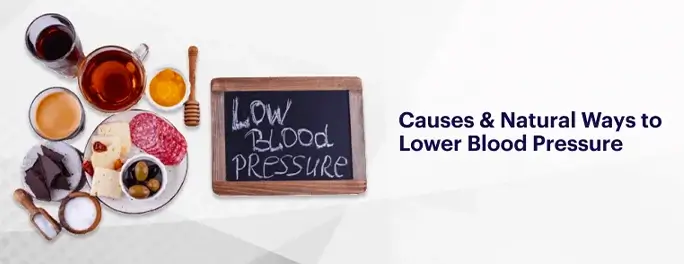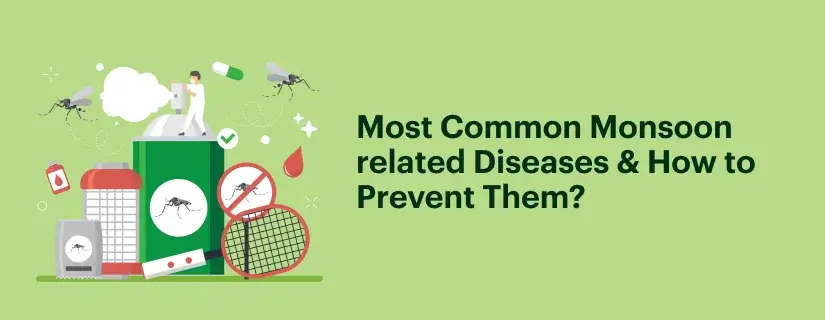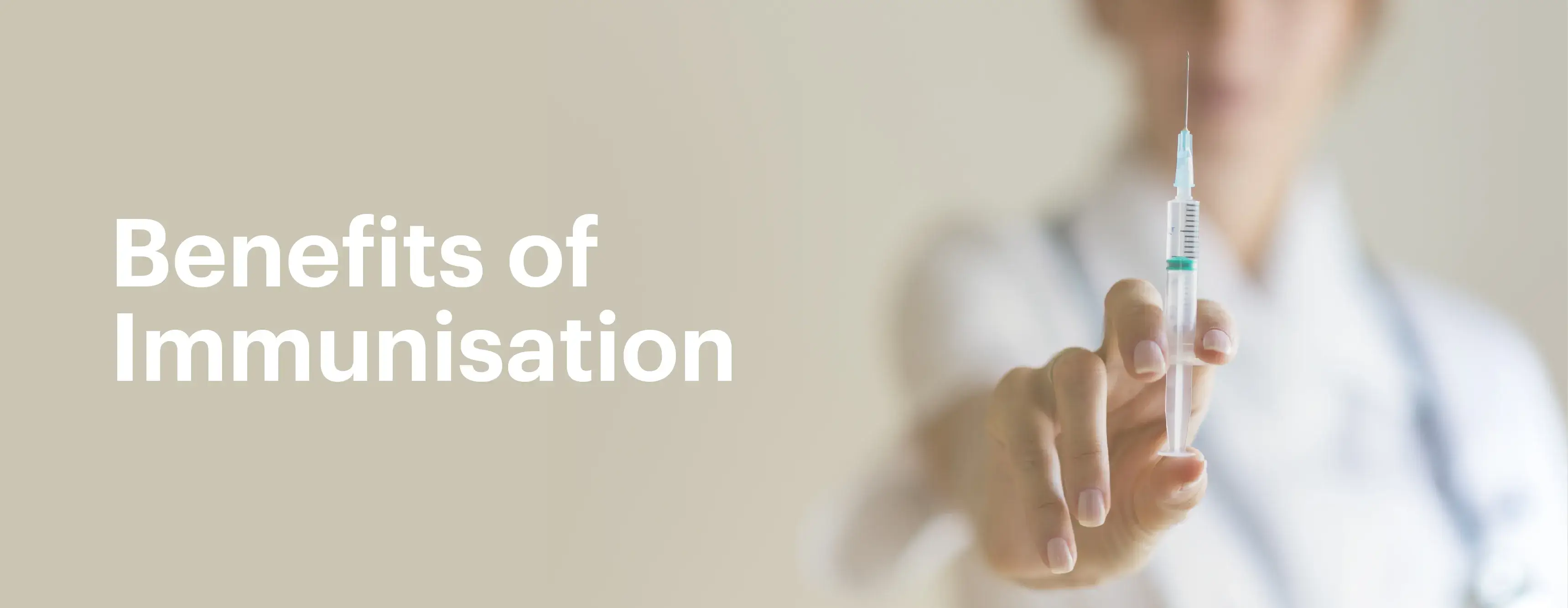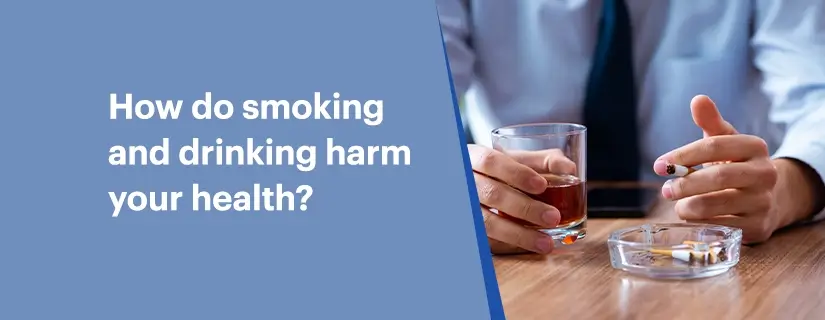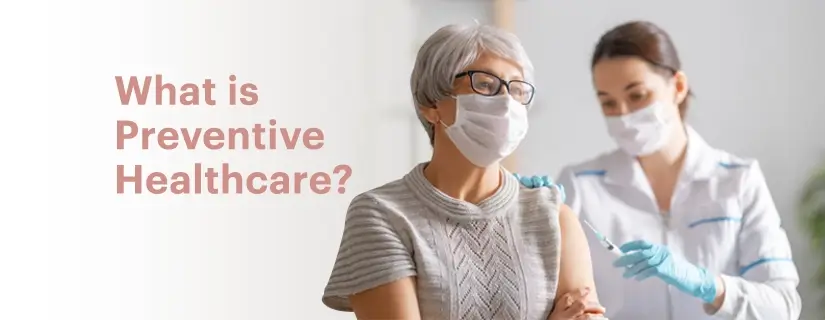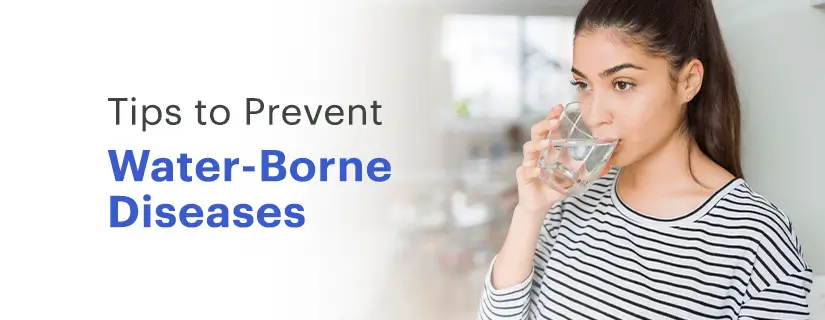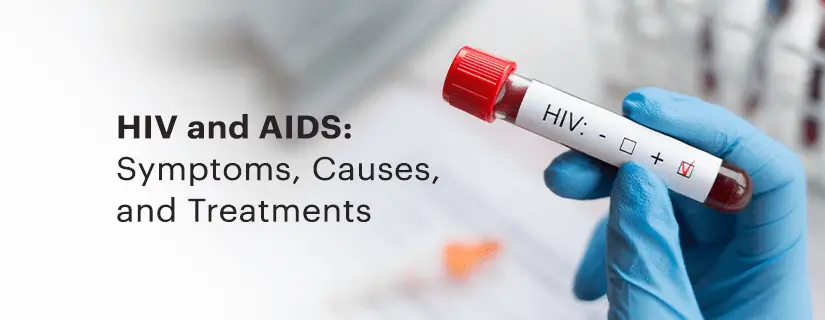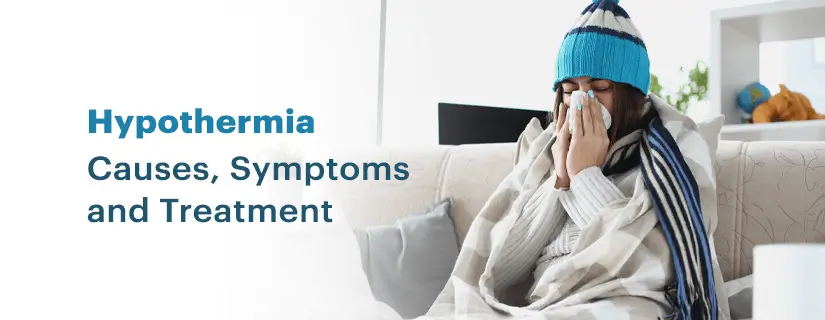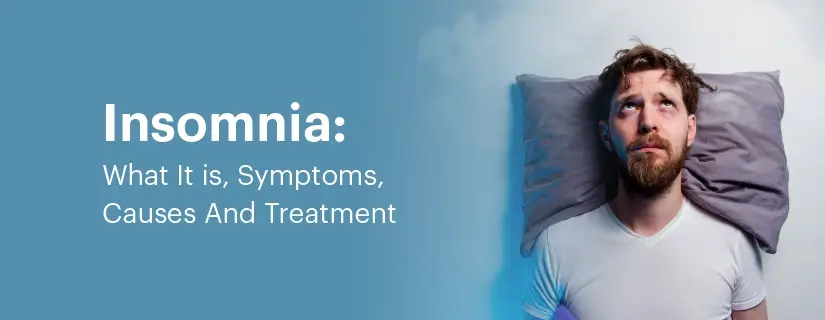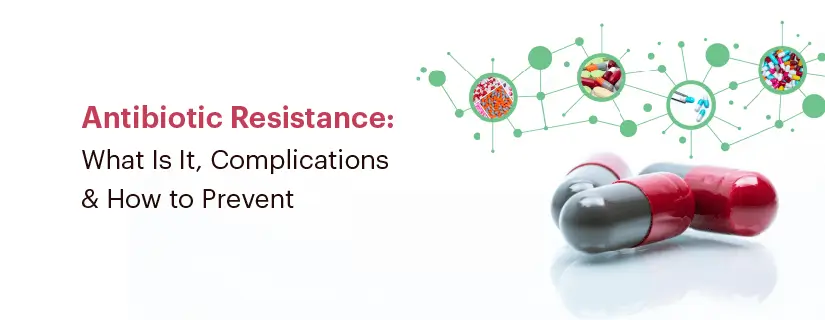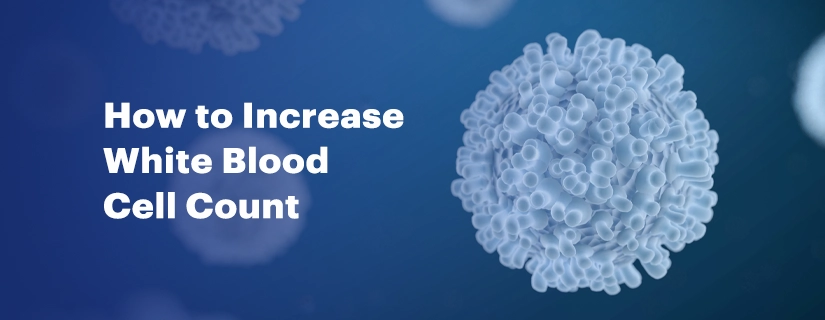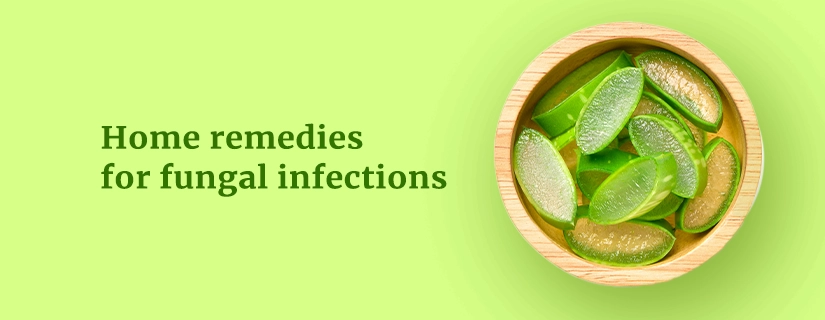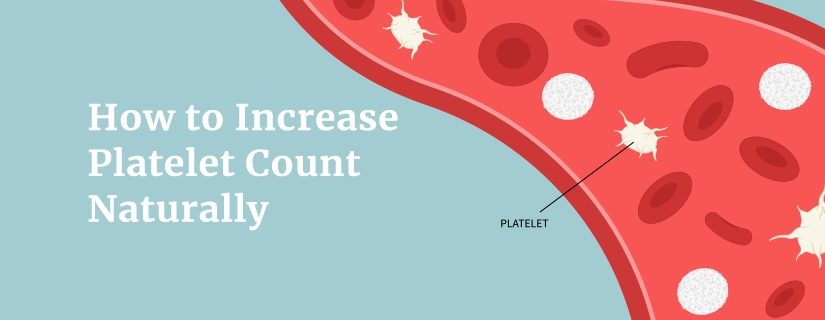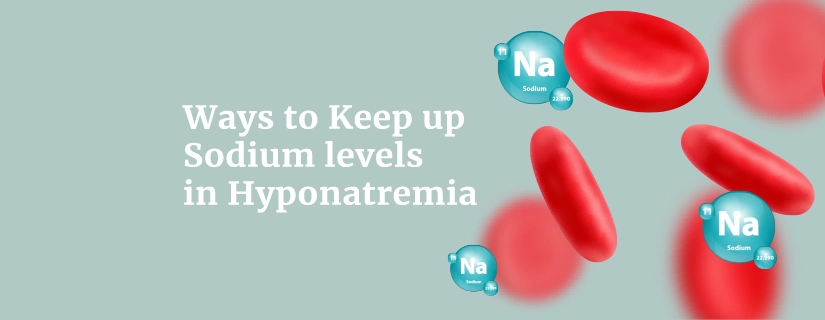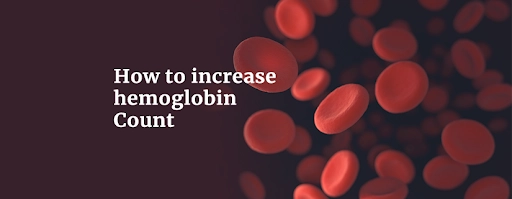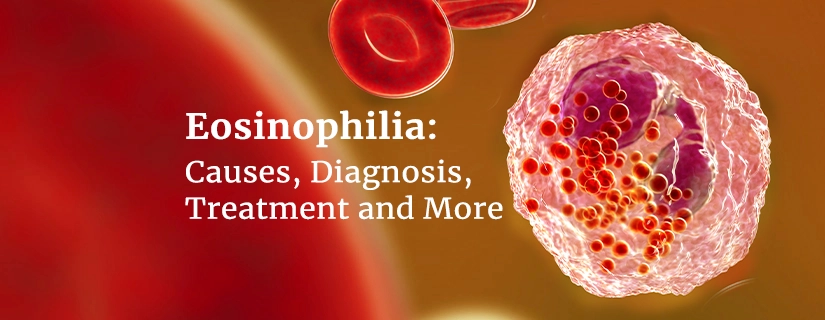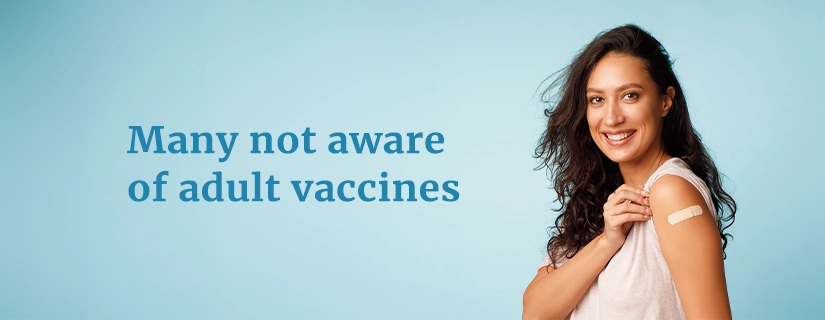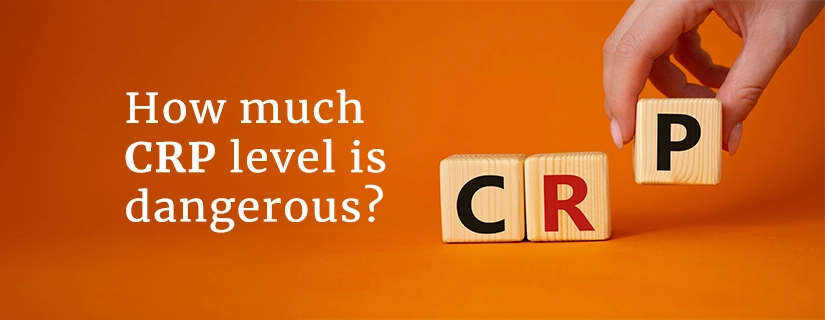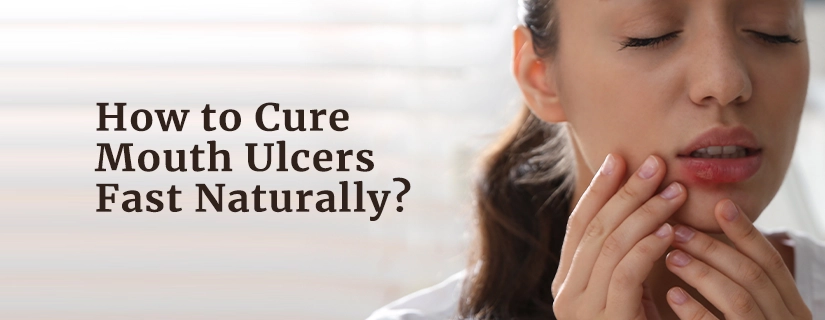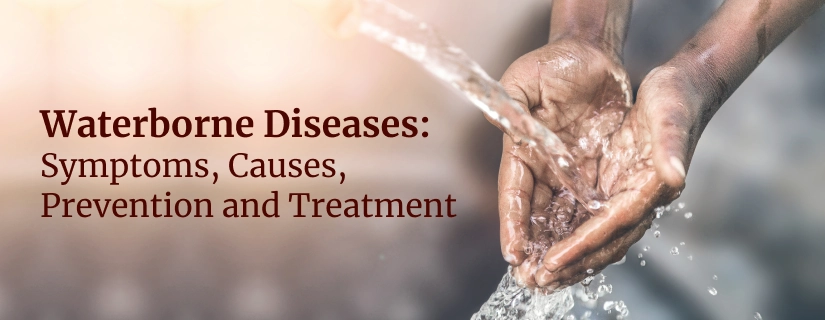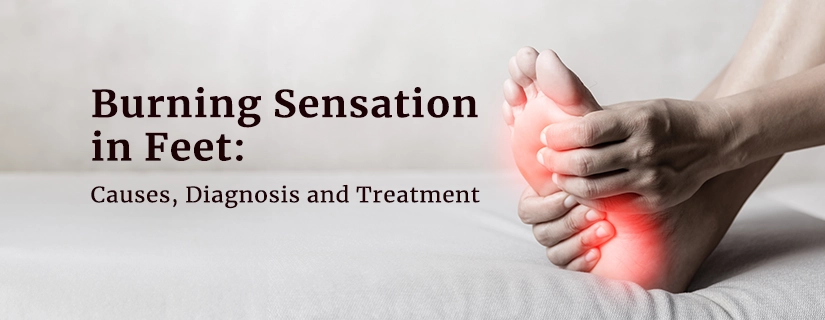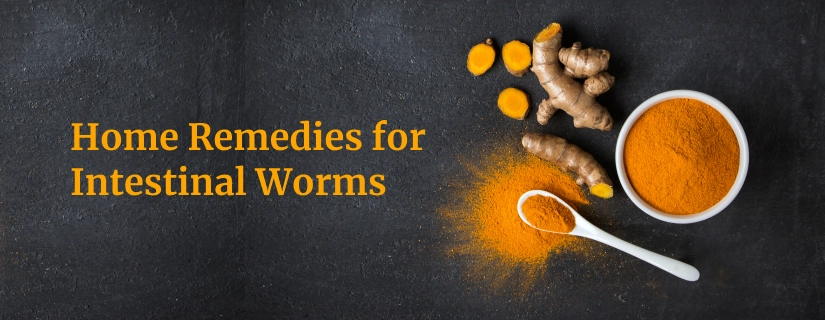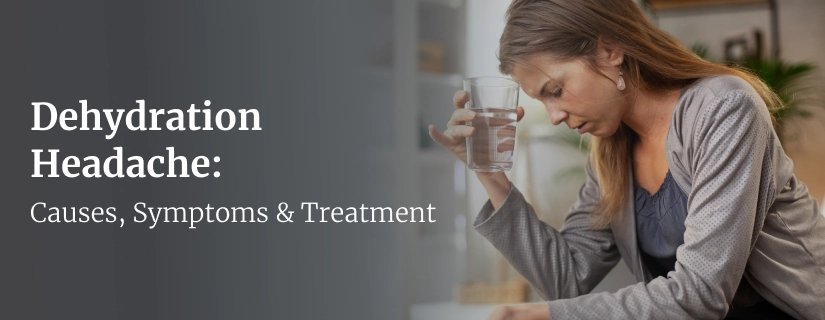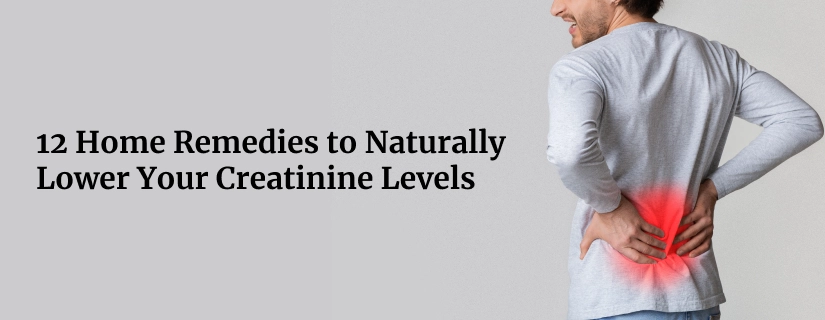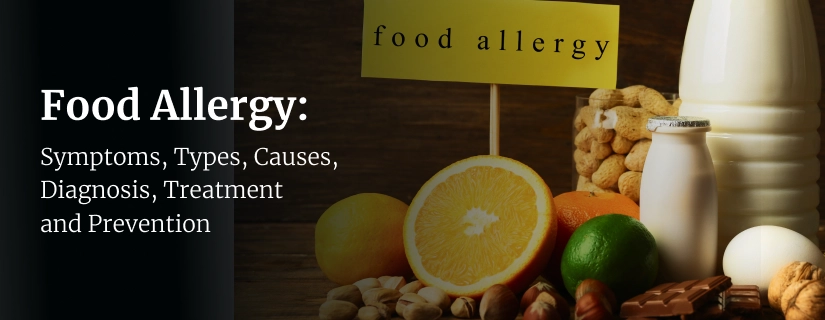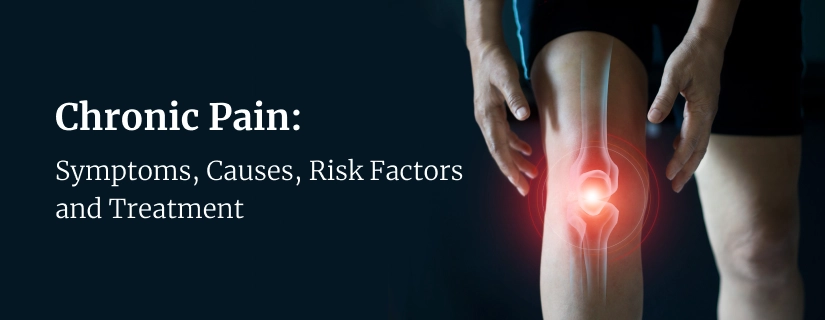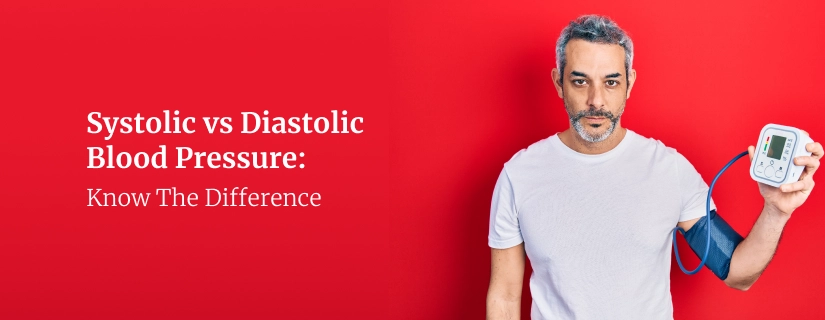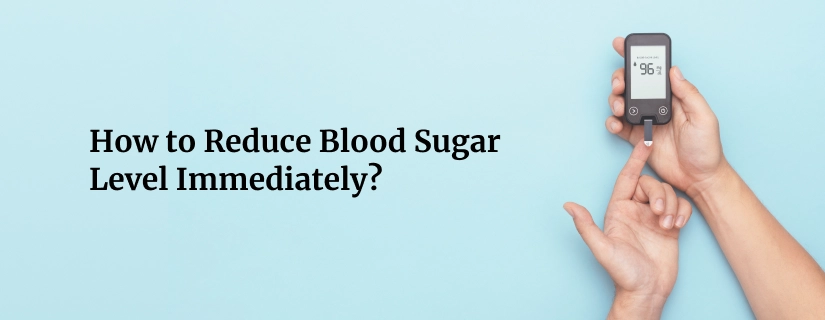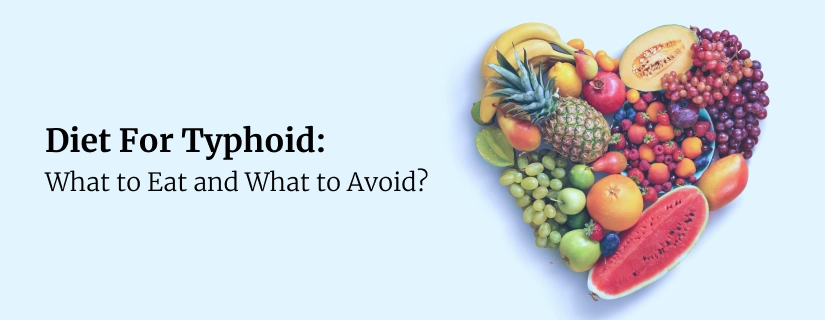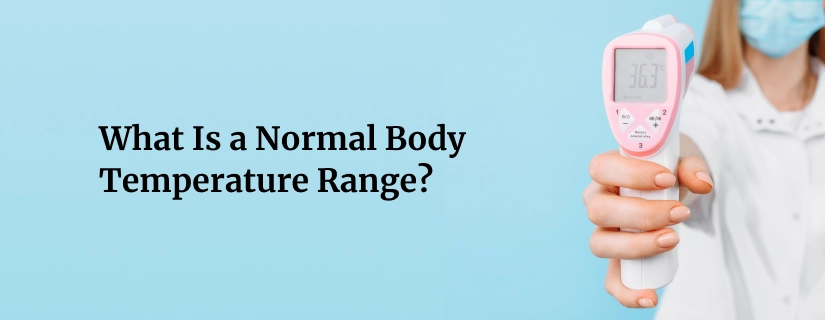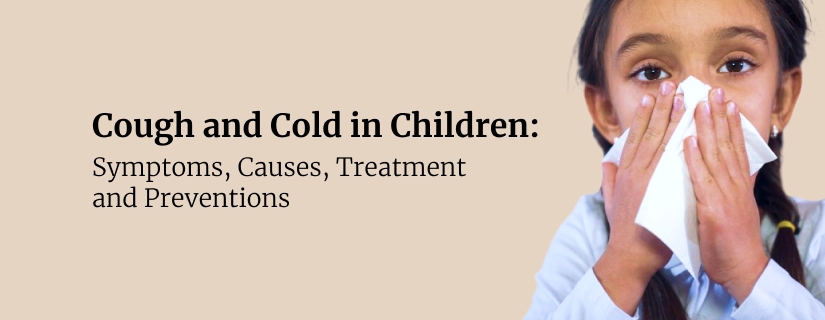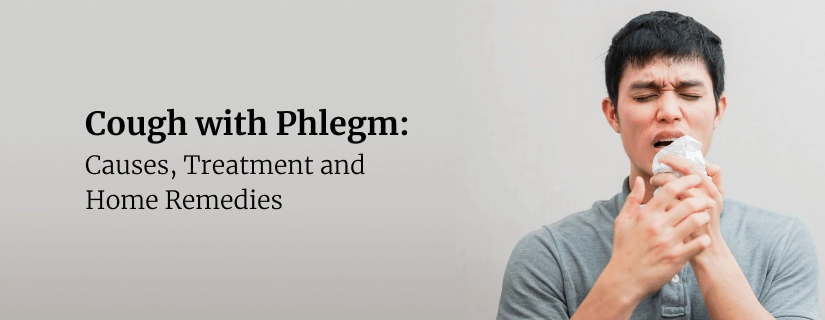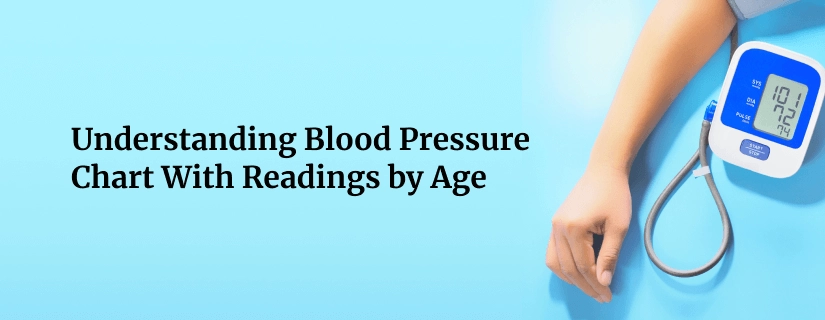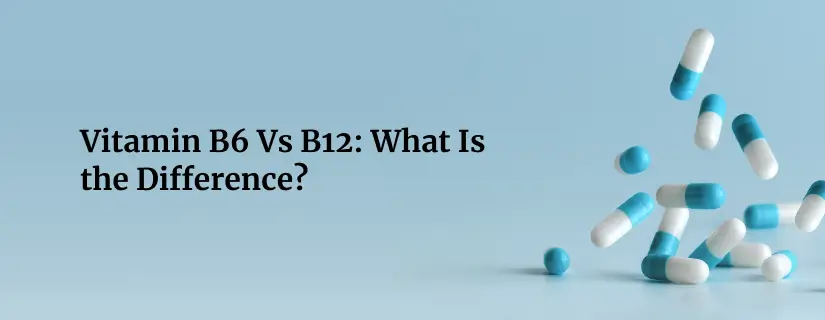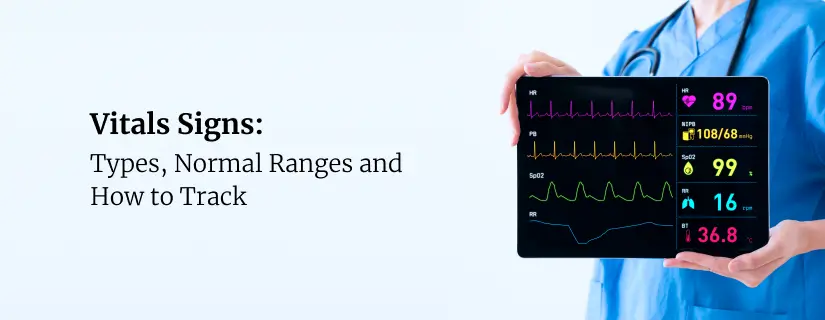-
Doctors
-
Specialities & Treatments
Centre of Excellence
Specialties
Treatments and Procedures
Hospitals & Directions HyderabadCARE Hospitals, Banjara Hills CARE Outpatient Centre, Banjara Hills CARE Hospitals, HITEC City CARE Hospitals, Nampally Gurunanak CARE Hospitals, Musheerabad CARE Hospitals Outpatient Centre, HITEC City CARE Hospitals, Malakpet
HyderabadCARE Hospitals, Banjara Hills CARE Outpatient Centre, Banjara Hills CARE Hospitals, HITEC City CARE Hospitals, Nampally Gurunanak CARE Hospitals, Musheerabad CARE Hospitals Outpatient Centre, HITEC City CARE Hospitals, Malakpet Raipur
Raipur
 Bhubaneswar
Bhubaneswar Visakhapatnam
Visakhapatnam
 Nagpur
Nagpur
 Indore
Indore
 Chh. Sambhajinagar
Chh. SambhajinagarClinics & Medical Centers
Book an AppointmentContact Us
Online Lab Reports
Book an Appointment
Consult Super-Specialist Doctors at CARE Hospitals
3 Common Medical Emergencies And How To Deal With Them
Updated on 31 December 2019
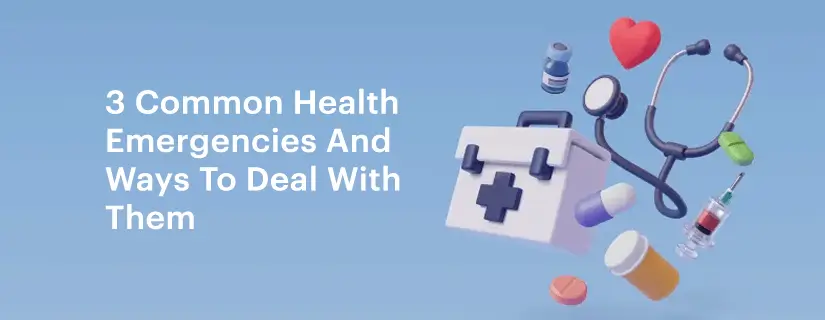
Table of Content
While our primary education took a crack at inculcating basic first aid run-throughs in us, we still resort to panic when an emergency situation strikes. Consequently, first aid care still seems like a far cry which shouldn’t ideally be the case. It’s no lie that one needs to be particularly active during the time of a medical emergency while maintaining calm to reach at the best possible state before professional help arrives. To make it easy for you, we have formulated a comprehensive medical guide you can follow during times of medical emergencies of various kinds. Have a look at management of common medical emergencies:
3 Most Common Medical Emergency That People Experience
Common medical emergencies can range from heart attacks and strokes to severe allergic reactions and accidents. Here are the three most common medical emergencies which requires immediate medical attention to prevent serious complications:
Burns and Scalds: Burns are one of the most common medical emergencies. From dry heat to fire, there are numerous ways by which burns are caused. Burns caused due to chemical reasons (like coming in contact with strong, acerbic acids and alkalis) are also critical and must be attended at the earliest. Moreover, if an injury is caused by the means of boiled water or steam, it is known as a scald. The symptoms of the aforementioned conditions i.e. burns and scalds are almost similar. They include reddish/charred skin, blisters etc. If someone in your vicinity has caught fire or mistakenly came into contact with steam/boiling water, you must follow the following first-aid tips:
- Make sure your hands are sanitized before you touch the affected/burnt area.
- Avoid applying any kind of ointment/lotions immediately to the affected area.
- Carefully handle the blisters if they are formed. Avoid rupturing them at any cost.
- Use dry sterile dressing to conceal the burned area. If sterile dressing is not available at the moment, clothing materials such as linen can also be employed at the affected area.
- Do not put extreme pressure while tying the bandage on the burnt area with blisters. However, in all other burn cases, the bandage must be tied tightly.
Electrocution: Electrocution happens when a person comes in contact with a naked electricity wire. It results in severe burns. The following first-aid tips during the time of electrocution will help the patient greatly:
- First and foremost, cut off the power supply at the earliest. Avoid using a knife or scissors to do so.
- Use insulating materials, try to amputate the patient.
- Lower the head of the patient and let him lie down. In case, the injuries are on the head or chest, the head must be somewhat raised.
- Cover the patient with the help of a sturdy blanket.
- Slacken all tight clothing.
Chest pain and Heart attack: Chest discomfort often results in a heart attack. One can check for the following symptoms to ascertain if it’s actually chest pain:
- Chest discomfort/pain
- Sweating
- Palpitations
- Nausea/vomiting
- Discomfort in the neck/arms/shoulders
- Body weakness
- Irregular heartbeat
By following the below-mentioned chest pain emergency first-aid tips, one can be of great assistance to the patient in-focus:
- Provide the patient with an aspirin tablet to avoid the formation of blood clots that can further aggravate the situation.
- Perform CPR (Cardiopulmonary Resuscitation) at the earliest.
- Check for the availability of automated external defibrillators around if the patient is suffering from irregular heartbeats.
In case your near and dear ones are caught up in any medical emergency, following the aforementioned tips can be greatly helpful. Moreover, the emergency department of CARE Hospitals, which is also one of the best medical emergency hospital in India, is active 24*7 and can assist you immediately.

ENQUIRY FORM
SELECT CATEGORIES
-
Neurosciences (16)
-
Neurology (37)
-
Neurosurgery (14)
-
Orthopaedics (48)
-
Oncology (33)
-
Obstetrics and gynecology (52)
-
Pulmonology (23)
-
Urology (20)
-
Nephrology (13)
-
Psychiatry (7)
-
Dietetics and Nutrition (111)
-
General Medicine (63)
-
Cardiac Sciences (32)
-
Vascular & Endovascular Surgery and Interventional Radiology (15)
-
Gastroenterology (46)
-
Endocrinology (23)
-
Plastic Surgery (10)
-
Critical Care Medicine (5)
-
COVID-19 (16)
-
Dermatology (16)
-
Emergency Care (1)
-
Ophthalmology (4)
-
Pediatrics (14)
-
Laparoscopic and Bariatric Surgery (8)
-
ENT (15)
-
Kidney Transplant (1)
-
Liver Transplantation and Hepatobiliary Surgery (5)
-
General Surgery (3)
-
Internal Medicine (5)
-
Medicine Information
How Air Pollution Affect Human Health
5 Easy Exercises to Stay Fit During the Pandemic
YOU MAY ALSO LIKE
RECENT BLOGS
-

Preterm Birth (Premature Birth): Symptoms, Causes, Treatment and Prevention
13 May 2025
Read More
-

Rotablation Angioplasty: Benefits, Treatments, And Recovery Time
9 May 2025
Read More
-

What Is The Difference Between IUI and IVF?
9 May 2025
Read More
-

Venous Malformations: Causes, Symptoms, and Treatment
30 April 2025
Read More
-

Varicose Vein Foam Sclerotherapy: Treatment, Benefits, and Procedure
30 April 2025
Read More
-

Radiofrequency (RF) Ablation Treatment for Varicose Veins: Know More
30 April 2025
Read More
-

Varicose Vein Sclerotherapy: Treatment, Benefits, and Procedure
30 April 2025
Read More
-

Varicose Vein Endovenous Laser Ablation: Procedure, Benefits, Risks
30 April 2025
Read More
Have a Question?
If you cannot find answers to your queries, please fill out the enquiry form or call the number below. We will contact you shortly.



